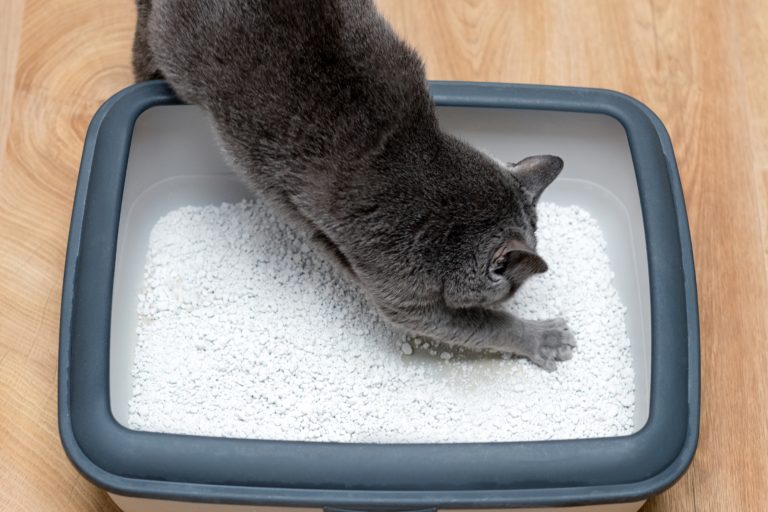Medical Tips for New Cats
Thanks to Baltimore County Animal Services for this article about vomiting and/or diarrhea.

Home Treatment:
Avoid stress. Do not give aspirin, Tylenol or Ibuprofen as they can be harmful to cats.
Vomiting and/or diarrhea may be caused by stress, a change in diet, intestinal parasites, foreign bodies, hairballs or many other disease conditions. Kittens should be taken to see a veterinarian immediately because they can dehydrate quickly. If your adult cat is still eating and playful and there is no blood observed in the diarrhea or vomit, it probably can be treated at home. If no improvement is seen within 24 hours, you must take your cat to a veterinarian.
Home Treatment:
- No food or water for 12 hours.
- Feed two parts cooked rice to one part boiled chicken without seasonings or fat.
- For vomiting of hairballs, try a cat laxative such as Laxatone.
Lack of appetite may be caused by fear or stress, or your cat may not like or be familiar with whatever food you have purchased. If your cat displays no other signs of disease, offer a high-quality cat food twice a day for approximately 20 minutes. Throw out whatever is left over. If your cat is healthy, he will not starve himself and will eventually eat what is offered. You may make it more palatable by adding a splash of hot water or combining dry and canned food. Heating it up just a little releases an enticing aroma.
Get Your Cat Care Book Today







